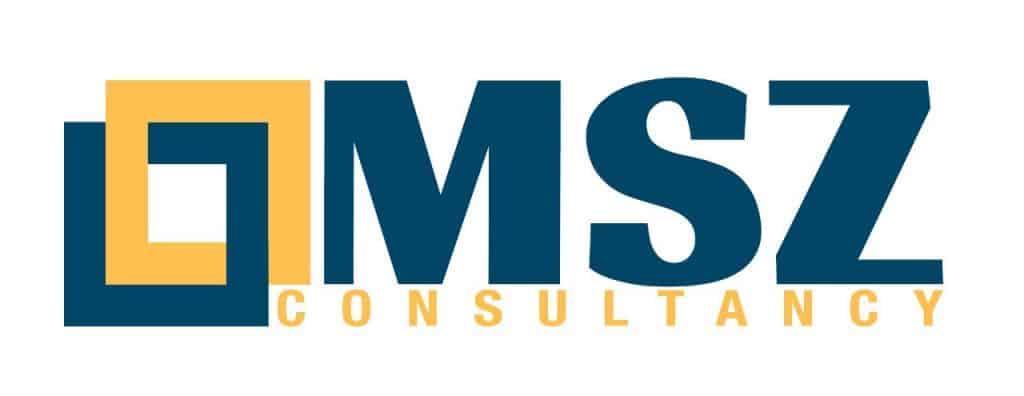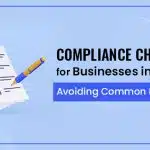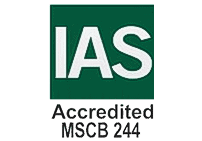What’s a sole proprietorship?
Also known as a sole trader, proprietor, or solo establishment, a sole proprietorship is one of the simplest and most common vehicles for starting your own business. This is a great choice for an individual who’s ready to go it alone in the UAE, as startup charges are typically minimal, and you can launch your enterprise with just one shareholder. A certified foreign investor that sets up an establishment or sole proprietorship to practice as a professional provider is also empowered to retain 100% of company ownership in the UAE.
Solo establishments that provide expert services (e.g. marketing, financial counseling, business strategy, etc.) are exempt from the Commercial Companies Law (CCL), but are still required to be licensed by the Department of Economic Development (DED).
Sole Proprietorship for carrying out professional activities may be conducted in conjunction with UAE nationals or GCC nationals (some stipulations may apply). Expatriates who wish to operate in Dubai or the UAE can establish a sole proprietorship for offering one of many beneficial services, like clinical services, engineering consultancies, business management consultancies, prison management consultancies, IT consultancies, and more.
Establishments which are owned by foreign nationals are required to employ the services of a National Service Agent (NSA) to assist in obtaining licenses, visas, and other necessary requirements. A National Service Agent is a UAE national who assists a foreign investor in obtaining required licensing, as well as navigating the entire UAE business startup process. NSAs are third-party providers who have no direct involvement with your business, apart from consulting you and guiding you through the necessary process and steps outlined by government authorities.
Benefits of a Sole Proprietorship in Dubai
Here are a few advantages that a sole trader can enjoy in Dubai, as opposed to starting a new business someplace else:
• Foreign professionals are able to retain 100% foreign ownership of their business in Dubai.
• There are no restrictions on a choice of location where you can buy or rent office space for your business.
• You can legally conduct your professional services anywhere in the UAE, including the Free Zones.
• The government of the UAE has permanently waived all requirements for paid capital in relation to sole proprietorships.
Registration Process
The legal business setup process in the UAE is fairly straightforward, but does require submission of several official documents. The sole proprietorship registration steps include:
• Select a trade name for your business; it must be unique and consistent with your business.
• Select a proper legal structure for your business; in this case, you’d be seeking a Sole Proprietorship.
• Obtain initial approval from the Department of Economic Development; this approval is a primary step in registering your business.
• Obtain approvals from any other relevant departments.
• Register your business by submitting an application form along with all necessary documentation.
• Once you get your business registered, you can then apply for a trade license.

Here is a list of all the documents needed to be filed with the Trade Register for setting up a sole establishment company in the UAE:
• The application form
• Business name of sole trader
• Licensing application form
• Information about the local NSA agent who will be assisting you
• A copy of the business owner’s passport
• Proof of registered address
• Valid residence permit
• A no-objection letter obtained from the sponsor
Be advised that some additional documentation may also need to be provided to the registration authority, depending upon which specific business activities that your sole proprietorship will entail. Note that all documents must be notarized and attested with the relevant UAE consulate. The notarization process should be begun as early as possible, since this step can sometimes take a significant amount of time to complete. All documents must also be translated into Arabic by an official translator before they can be presented to the UAE authorities.
While the process itself is fairly straightforward, the steps involved can often be difficult for a foreign national to navigate on their own. But don’t worry you’ve landed on the right page! MSZ Consultancy is a locally-based corporate services provider who specializes in helping visionaries like yourself to get your business up and running in Dubai, or elsewhere in the UAE. We have vast experience in our field, and know all the ins and outs for making sure the whole process goes smoothly for you.
Got questions? Ready to get started? Reach out today and let’s book your free, no-obligation consultation! Give us a call at +971 52 544 1248, or simply shoot us an email at info@mszconsultancy.com. There’s no need to wait, we’re standing by to help!
Frequently Asked Questions
1. What is a sole proprietorship in the UAE?
An establishment or sole proprietorship is an entity owned by one individual with issued in his or her own name. The owner assumes all financial responsibilities of the entity, along with any potential financial liabilities.
2. What type of company is a sole proprietorship?
A sole proprietorship is essentially an unincorporated business that’s owned and run by a single individual (no partners are involved). With a sole proprietorship, there’s no distinction between the business and its owner. As a sole proprietor, you’re entitled to all profits, and are also responsible for any business debts, losses, or liabilities.
3. Is self-employed and sole proprietorship the same?
For legal purposes, yes. A sole proprietor is self-employed because they don’t work as an employee for another organization. Owning and operating your own business (including a sole proprietorship) classifies you as a self-employed business owner.
4. Can I open a business account as a sole proprietor?
Yes, you can open a business bank account as a sole proprietor using a DBA. In fact, you may be required to open a business bank account in order to operate as a sole proprietor in Dubai or elsewhere in the UAE.
5. What are some examples of sole traders?
Sole traders can operate successfully in many fields of business. A few examples include freelancers (like designers, copywriters, marketers, photographers, and social media consultants), self-employed tradespeople (like builders, plumbers, electricians, gardeners, and carpenters), and gig economy workers (like couriers, taxi drivers, delivery drivers, tutors, and nannies).











